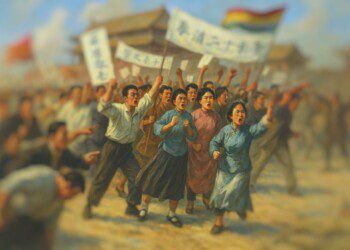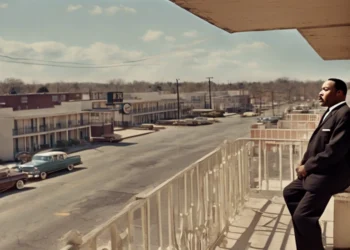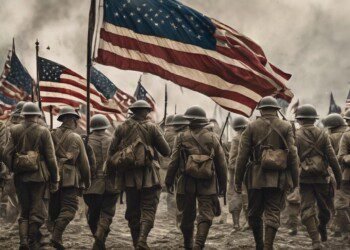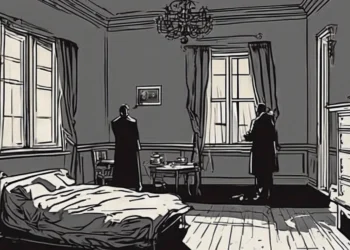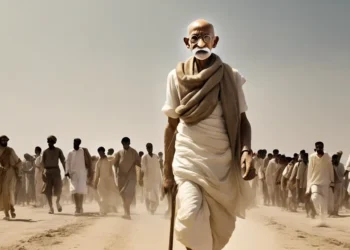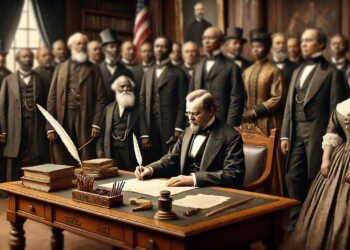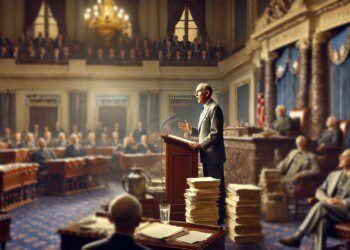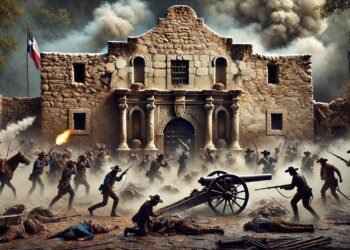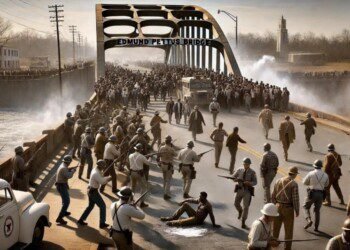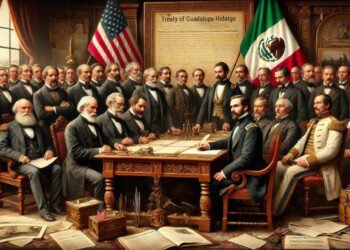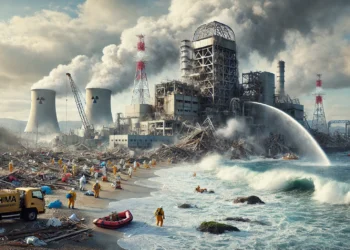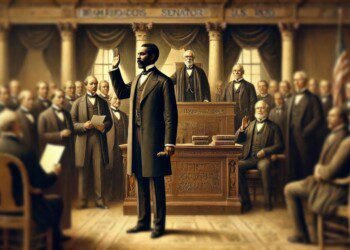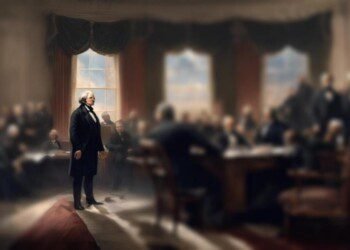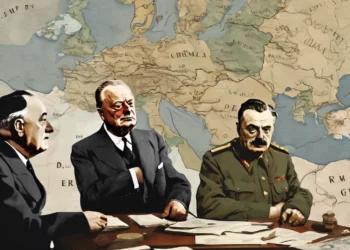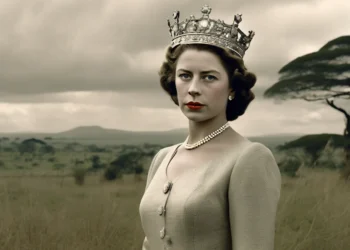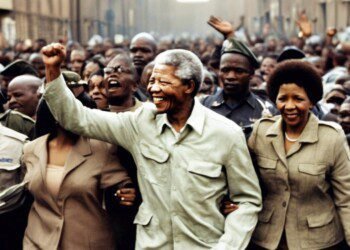Background In the spring of 1970, the United States was reeling from growing opposition to the Vietnam War, a conflict that had already spanned over a decade. President Richard Nixon’s decision on April 30, 1970, to expand the war into Cambodia ignited immediate backlash. Across the country, protests erupted on college campuses, with students voicing … Continue reading “The Kent State Shootings – May 4, 1970”
BackgroundBy the spring of 1940, Europe was already deeply entangled in the escalating conflict of World War II. After the rapid and shocking conquest of Poland in September 1939, Nazi Germany turned its eyes westward. Although Britain and France had declared war on Germany following the invasion of Poland, little action took place on the … Continue reading “Germany Invades France – May 10, 1940”
BackgroundFor decades, the idea of running a mile in under four minutes was considered physically impossible. Coaches, scientists, and athletes speculated that the human body simply wasn’t capable of such a feat—it was thought the heart might burst or the lungs give out. The record hovered just above four minutes for years, and while runners … Continue reading “Roger Bannister Breaks the Four-Minute Mile – May 6, 1954”
Background:In the aftermath of World War I, nations around the world gathered at the Paris Peace Conference in 1919 to draft a new world order. Chinese intellectuals and reformers hoped that their country’s participation on the Allied side—sending laborers to aid the war effort—would result in the return of territories previously controlled by Germany in … Continue reading “he May Fourth Movement – May 4, 1919 (China)”
Background:By early 1945, the Second World War in Europe was rapidly drawing to a close. Allied forces from the west had crossed into Germany, while Soviet troops closed in from the east. Adolf Hitler, increasingly isolated and delusional, had retreated to his underground bunker in Berlin. On April 30, he committed suicide, leaving Admiral Karl … Continue reading “V-E Day: Victory in Europe – May 8, 1945”
Background Rwanda, a small nation in Central Africa, had long experienced ethnic tensions between its two major groups: the Hutus, who were the majority, and the Tutsis, the minority. These divisions had been exacerbated by colonial rule, particularly by the Belgians, who favored the Tutsis for administrative roles and issued identity cards based on ethnicity. … Continue reading “The Rwandan Genocide Begins (April 7, 1994)”
Background By the 1960s, Dr. Martin Luther King Jr. had become the leading voice of the American civil rights movement, advocating for nonviolent resistance to racial segregation and injustice. His leadership in the Montgomery Bus Boycott, the Birmingham Campaign, and the March on Washington, where he delivered his famous “I Have a Dream” speech, had … Continue reading “Martin Luther King Jr. Is Assassinated (April 4, 1968)”
Background When World War I erupted in 1914, the United States, under President Woodrow Wilson, opted for neutrality. Many Americans believed that the conflict in Europe did not concern them. However, several events tested this position. Germany’s policy of unrestricted submarine warfare—targeting neutral ships—led to American deaths, especially with the 1915 sinking of the Lusitania. … Continue reading “The United States Enters World War I (April 6, 1917)”
Background Joseph Stalin had ruled the Soviet Union with an iron grip since the late 1920s. Under his leadership, the USSR transformed from an agrarian society into a global superpower, but at a great human cost. His rule was marked by mass purges, forced collectivization, and the deaths of millions due to famine, forced labor, … Continue reading “The Soviet Announcement of the Death of Joseph Stalin (March 5, 1953)”
Background: British rule in India imposed harsh economic restrictions, including a monopoly on salt production and taxation through the Salt Act of 1882. This law prohibited Indians from collecting or selling salt, forcing them to buy heavily taxed British salt. Mahatma Gandhi sought to challenge this injustice using nonviolent resistance. What Happened: On March 12, … Continue reading “Mahatma Gandhi Leads the Salt March (March 12, 1930)”
Background Anne Frank was a Jewish teenager who became one of the most well-known victims of the Holocaust. Born in Frankfurt, Germany, in 1929, Anne’s family fled to the Netherlands in 1934 to escape the rise of Adolf Hitler and the Nazi Party. In 1940, Germany invaded the Netherlands, bringing Nazi racial laws into effect. … Continue reading “The Death of Anne Frank (March 1945 – Exact Date Unknown)”
Background The end of the American Civil War in 1865 brought a new era in the United States: Reconstruction (1865-1877). The federal government worked to reintegrate Southern states and secure rights for newly freed African Americans. During this time, three landmark amendments were passed: However, in practice, African Americans still faced rampant discrimination, particularly in … Continue reading “The Civil Rights Act of 1875 Signed Into Law (March 1, 1875)”
Background A filibuster is a political strategy used in the U.S. Senate where a senator delays or blocks legislation by speaking for an extended period. By 1957, civil rights legislation had gained momentum in the United States, sparking resistance from Southern segregationist politicians who sought to prevent racial equality reforms. At the center of this … Continue reading “The Longest Filibuster in U.S. Senate History (March 8-9, 1957)”
Background In the early 19th century, Texas was part of Mexico, but tensions grew between the Mexican government and American settlers who had moved into the region. By 1835, those settlers, along with Tejanos (Mexican-born Texans), rebelled against Mexican rule, seeking independence for Texas. This led to the Texas Revolution, which pitted Texian forces against … Continue reading “The Fall of the Alamo (March 6, 1836)”
Background Despite the passage of the 15th Amendment in 1870, which granted African American men the right to vote, Southern states used literacy tests, poll taxes, and violent intimidation to suppress Black voters. By the 1960s, less than 2% of Black residents in Selma, Alabama, were registered to vote. Civil rights leaders, including Dr. Martin … Continue reading “The March on Selma and Bloody Sunday (March 7, 1965)”
Background The Mexican-American War (1846-1848) stemmed from territorial disputes between the United States and Mexico. After Texas gained independence from Mexico in 1836 and later joined the U.S. in 1845, tensions escalated. The U.S., under President James K. Polk, was pursuing Manifest Destiny, aiming to expand westward. After two years of fighting, U.S. troops, led … Continue reading “The Treaty of Guadalupe Hidalgo Ends the Mexican-American War (March 10, 1848 – Ratification)”
Background Japan, heavily reliant on nuclear energy, faced an unprecedented crisis when a natural disaster overwhelmed its safety measures. By 2011, nuclear power supplied 30% of Japan’s electricity, and facilities were built with earthquake resistance in mind. However, concerns remained about tsunami preparedness, particularly at the Fukushima Daiichi Nuclear Power Plant, which lacked sufficient defenses … Continue reading “The Fukushima Nuclear Disaster (March 11, 2011)”
Background: For decades, scientists sought to understand how genetic information was stored and transmitted. Early research on DNA suggested it played a role in heredity, but its exact structure remained unknown. Researchers, including Rosalind Franklin, Maurice Wilkins, James Watson, and Francis Crick, worked independently and collaboratively to uncover the molecular structure of DNA. What Happened: … Continue reading “Discovery of DNA Structure (February 28, 1953)”
Background: Following the Civil War, the Reconstruction era brought new opportunities for African Americans, including political representation. The passage of the 15th Amendment granted African American men the right to vote, enabling them to participate in government and seek public office. However, despite these constitutional changes, racial prejudices remained strong, and Black politicians faced immense … Continue reading “First African American Senator (February 25, 1870)”
Background: Following the assassination of President Abraham Lincoln, Andrew Johnson, a Southern Democrat who remained loyal to the Union, became the 17th President of the United States. His lenient approach to Reconstruction, which aimed to restore the Southern states to the Union quickly with minimal conditions, clashed with the Republican-controlled Congress. Johnson opposed civil rights … Continue reading “Impeachment of President Andrew Johnson (February 24, 1867)”
Background: Cuba had long sought independence from Spanish colonial rule, and tensions between Spain and the United States escalated in the late 19th century. The U.S. had economic interests in Cuba and sympathized with Cuban revolutionaries fighting against Spanish oppression. Sensationalist journalism, known as “yellow journalism,” further fueled anti-Spanish sentiment among the American public. What … Continue reading “Spanish-American War (February 15, 1898)”
Background By early 1945, World War II was nearing its final months. Nazi Germany was losing ground on both the Eastern and Western Fronts, while the Soviet Red Army was advancing rapidly into Eastern Europe. The Allies—comprising the United States, the United Kingdom, and the Soviet Union—recognized the need to plan for post-war Europe and … Continue reading “The Yalta Conference Begins (February 4, 1945)”
Background: King George VI of the United Kingdom had suffered from serious health problems, and his daughter, Princess Elizabeth, had been gradually preparing to take on greater royal responsibilities. The British Empire was undergoing transformation, with decolonization movements gaining momentum and the Commonwealth becoming an essential part of British foreign policy. What Happened: On February … Continue reading “Queen Elizabeth II’s Ascension (February 6, 1952)”
Background Apartheid, a legalized system of racial segregation, had been enforced in South Africa since 1948, denying basic rights to the country’s Black majority. Nelson Mandela, a prominent leader in the African National Congress (ANC), became a symbol of resistance. Arrested in 1962 and sentenced to life imprisonment in 1964 for sabotage and conspiracy to … Continue reading “Nelson Mandela Released from Prison (February 11, 1990)”




